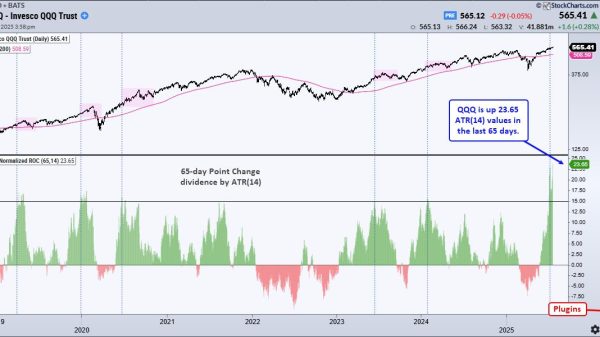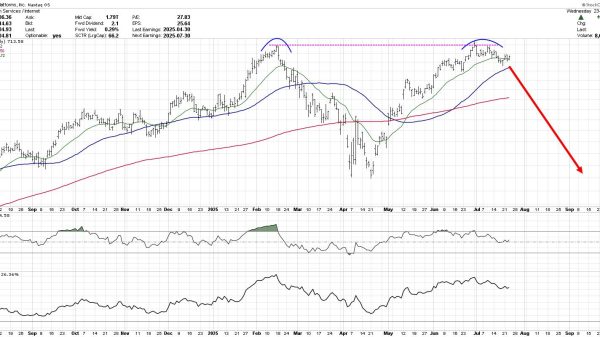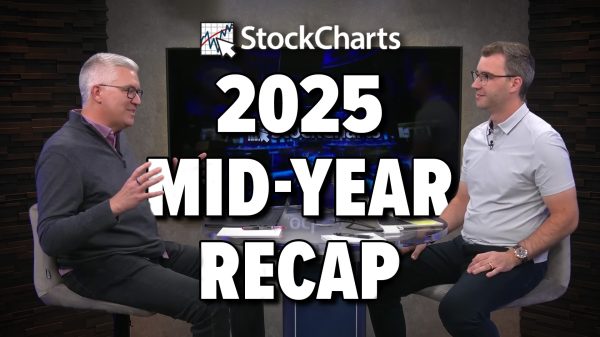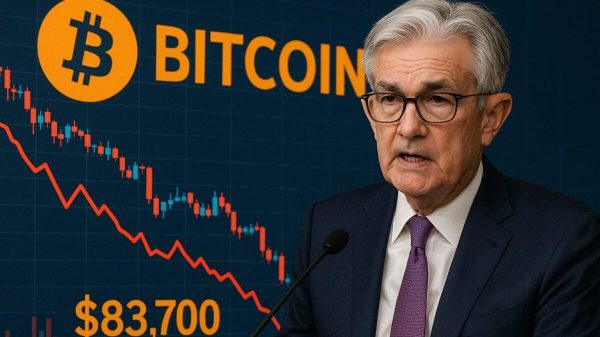
Even while carrying $1.13 trillion in credit card debt, many Americans are still willing to splurge on travel and entertainment.
But this summer it will cost even more thanks to “funflation,” a term economists use to explain the increasing price tags of live events as consumers hanker for the experiences they lost during the Covid years.
“It’s hard to overstate the impact of the pandemic. It changed the way so many people view their spending, and the result is that people are more focused on the ‘right now’ than thinking about 40 years from now,″ said Matt Schulz, chief credit analyst at LendingTree and author of “Ask Questions, Save Money, Make More.”
Some ticket prices have surged in recent months, according to federal data.
Admission prices for sporting events jumped 21.7% in May 2024 from a year earlier, according to the Bureau of Labor Statistics’ consumer price index data. The category saw the highest annualized inflation rate out of the few hundred that make up the inflation gauge. Admission to movies, theaters, and concerts rose a relatively modest 3% on an annualized basis.
The CPI as a whole was up 3.3% in May from a year ago. The index gauges how fast prices are changing across the U.S. economy. It measures everything from haircuts to household appliances.
Despite rising costs, 38% of adults said they plan to take on more debt to travel, dine out and see live entertainment in the months ahead, according to a report by Bankrate.
Meanwhile, 27% of those surveyed said they would go into debt to travel this year, while 14% would dip into the red to dine out and another 13% would lean on credit to go to the theater, see a live sporting event or attend a concert — including the European leg of Taylor Swift’s Eras Tour, Bankrate found.
“There’s still a lot of demand for out-of-home entertainment,” Ted Rossman, senior industry analyst at Bankrate, recently told CNBC.
“Some of that reflects a ‘you only live once’ mentality that intensified during the pandemic, and some of that is because many economic indicators — including GDP growth and the unemployment rate — are in favorable shape,” Rossman said.
Younger adults, particularly Generation Z and millennials, were more likely to splurge on those discretionary purchases, Bankrate found.
Although an increased cost of living has made it particularly hard for those just starting out, young adults are taking a more relaxed approach to their long-term financial security, other research shows.
Nearly two out of five Gen Z and millennial travelers have spent up to $5,000 on tickets alone for destination live events, a recent study from Bread Financial found.
And many say it’s well worth it. Rather than cut expenses to boost savings, 73% of Gen Zers between the ages of 18 and 25 said they would ultimately rather have a better quality of life than extra money in the bank, according to another Prosperity Index report by Intuit.































